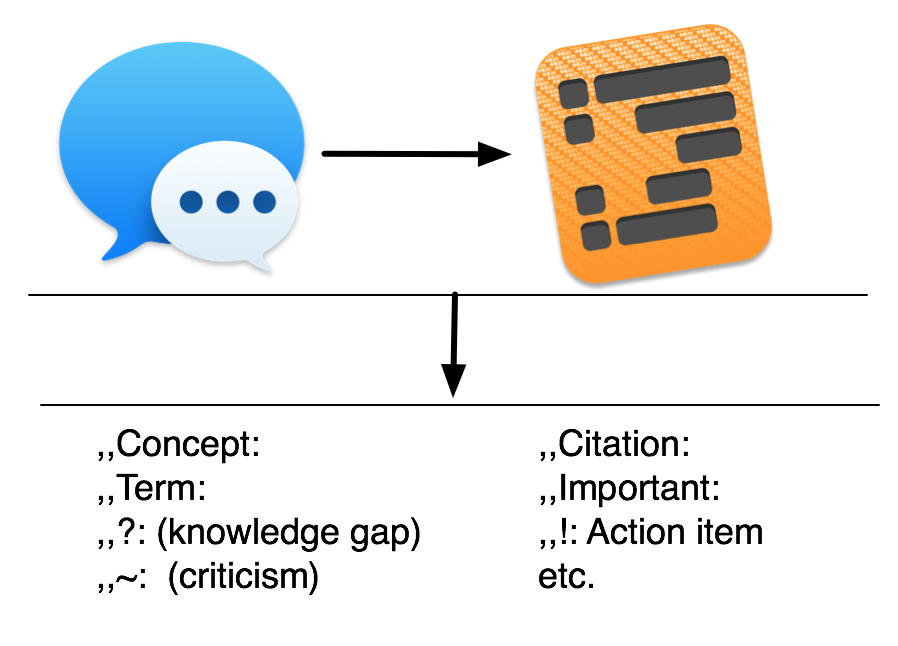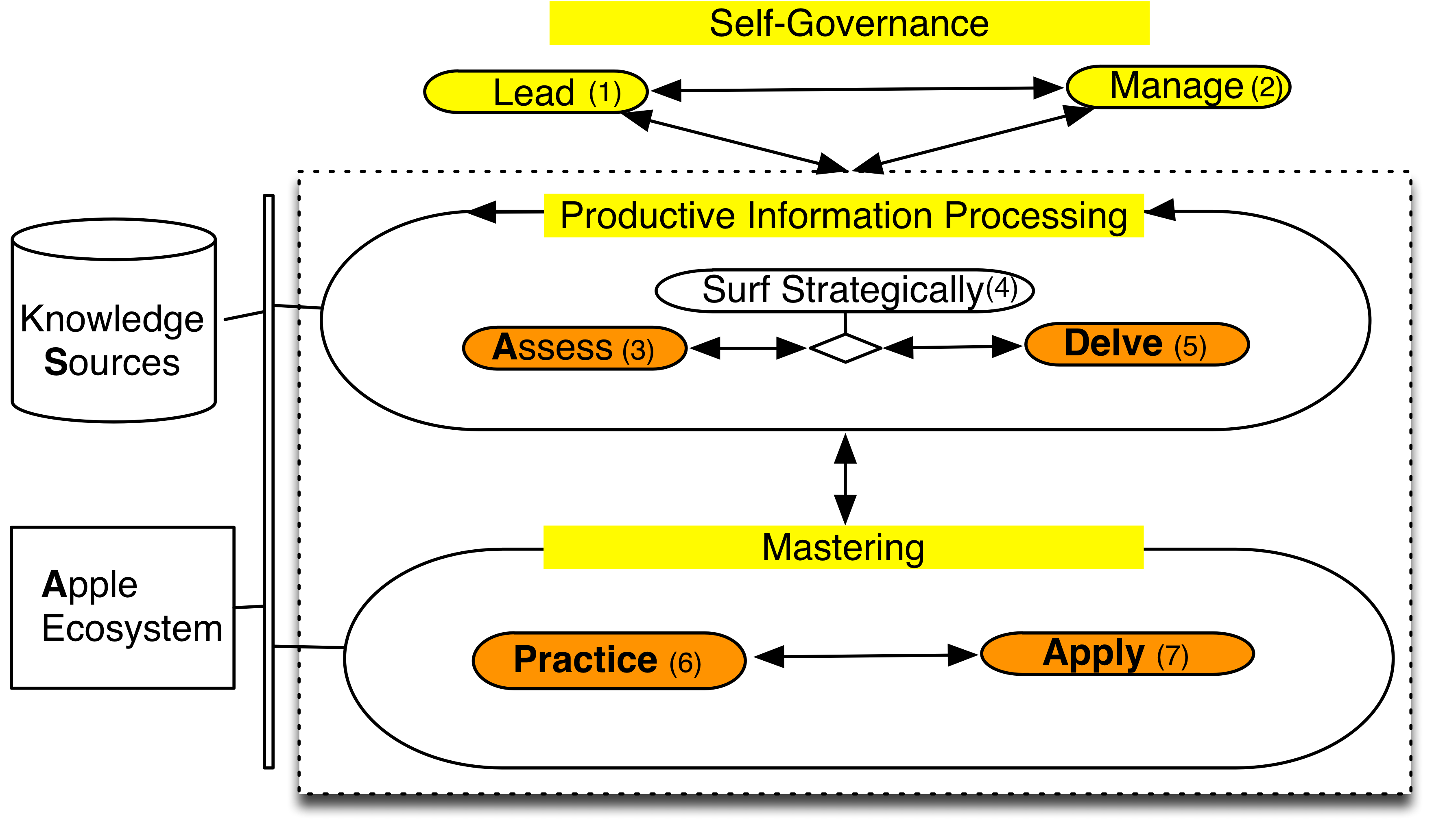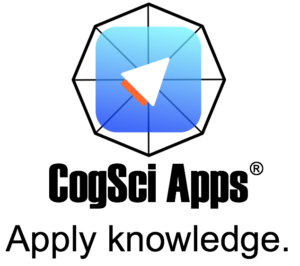Update 2019-05-16
The original post below is no longer valid. I have removed the “extras” only package of Cognitive Productivity with macOS from Leanpub. Rationale: Leanpub has clarified that all packages must include books. If you purchased the $5.00 “extras only” package, then you will still have access to it. But it is no longer for sale separately.
The original package of this book, which contains the book and all the extras, remains available for sale.



